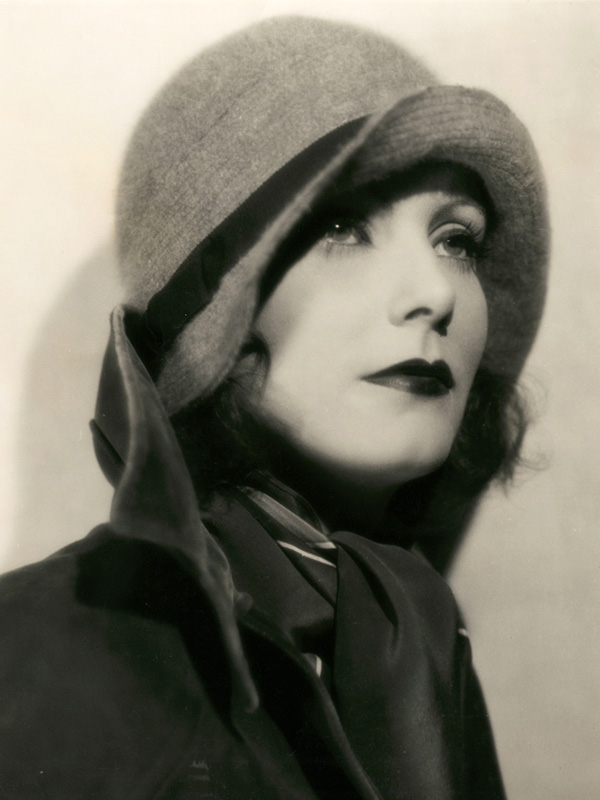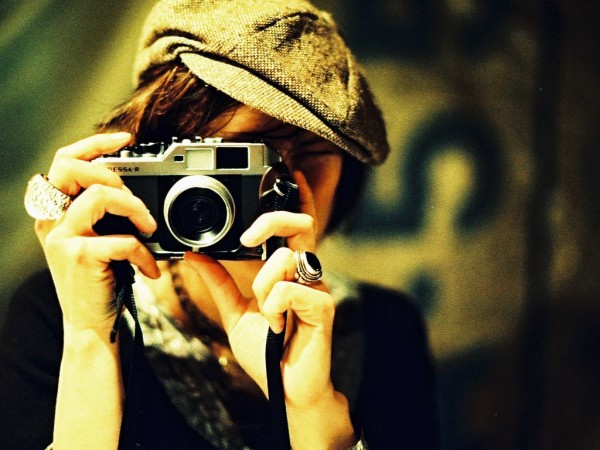There’s no getting away from it.
Film is dead. Digital won.
Game over. Call on the circumferentially challenged lady, it's time for a song...
It certainly doesn’t deserve to be. As a creative medium, film still has facets that digital (at any price) cannot match. We’re not going to waste your time reciting the technical differences between film and digital: that’s what Wikipedia is for. If you care about film, chances are you know why.
In our experience, there are 3 main areas where film lives on, today (and, if we say it quietly enough, may even thrive).
1) Professional and Semi-Professional Photographers
People like film. They don’t like to use it themselves… but the like the way it looks, when the Pros use it.
There’s something aspirational about the nature of film. We think it’s the naturalistic, cinematic look of film and the glamorous connotations that brings. Can you imagine, the mystique of Marilyn Monroe, James Dean… or, fercrying-out-loud, Greta Garbo[1] on DVR? Nah, not so much.

"Greta Garbo" by thefoxling. © Some rights reserved. Used under Creative Commons BY-NC-SA licence.
Of course, People also want digital convenience and post-production. Ah well.
Velvia. Lecia. Lomo. Holga. Real Black and White. Cross Processing. APS. If any of those things mean something to you, you either use film or you ought to, at least, think about trying it.
Really, really good film cameras, with the sort of optics that even your uber-mega pixel, just sub £1000 Digital SLR will struggle to match, can be bought second hand for shamelessly small amounts of money… and these cameras are objects of engineering beauty in their own right.
If you have more than a casual interest in Photography, you owe it to yourself to shoot some film.
Besides, its not a war. It’s not film -versus- digital. It’s a choice: and you can choose to choose both. Shoot some digital and some film. The only “price” you pay is 2 cameras.
2) The surprise “I wonder what’s on this old film” customers
Ideally, film should be developed soon after the photos were shot… but that doesn’t always happen and sometimes old, undeveloped films pop up in the strangest of places.
Get them developed. You’ve got nothing to lose.
In fact, we quite like a challenge. So, test us. We’d like nothing more than to develop some properly old film.
It might not work… but, it probably will. Film canisters are remarkably resilient. They are, after all, designed to be light proof. So, whilst, moisture, light and ultimately age will damage undeveloped film, we regularly develop films that have lain undisturbed in attics, draws and cupboards for years and the prints turn out just fine. The real enemy of undeveloped film is heat; or more accurately, temperature fluctuations. So, a film canister in a box in a cool, temperature stable, mostly dark attic will out last one in, say, a conservatory. Black and White film tends to be more resilient than colour.
Colour reproduction on “old” film is likely to be, at least, muted and may exhibit colour shifts. However, you can, of course, negate any unpleasant colour shifts in the old film by producing black and white prints from the original (colour) negatives or by scanning the negatives and doing some digital post production before printing.
3) Fun cameras
There are times and places when you want to take photos, but you don’t necessarily want to risk damaging your “proper” camera, e.g. in the sea, halfway thru a bungy jump, on Mad Wee Kevin McMadd from Accounting’s, soon to be legendarily mad, stag do, you know, that sort of thing.
The answer is the humble fun camera. They’re cheap, recyclable and capable of taking pictures that easily exceed the quality produced by low-end digital cameras and camera phones…
Fun cameras are film cameras and always will be; because the economics dictate that it is more expensive to make a digital camera, than it is to make a film camera.
Berkhamsted Imaging’s commitment to film is absolute and unwavering.
We won’t stop selling or processing film, until the last manufacturer stops making it or it becomes impossible for us to buy.
…and yes, we can (still) process APS!
